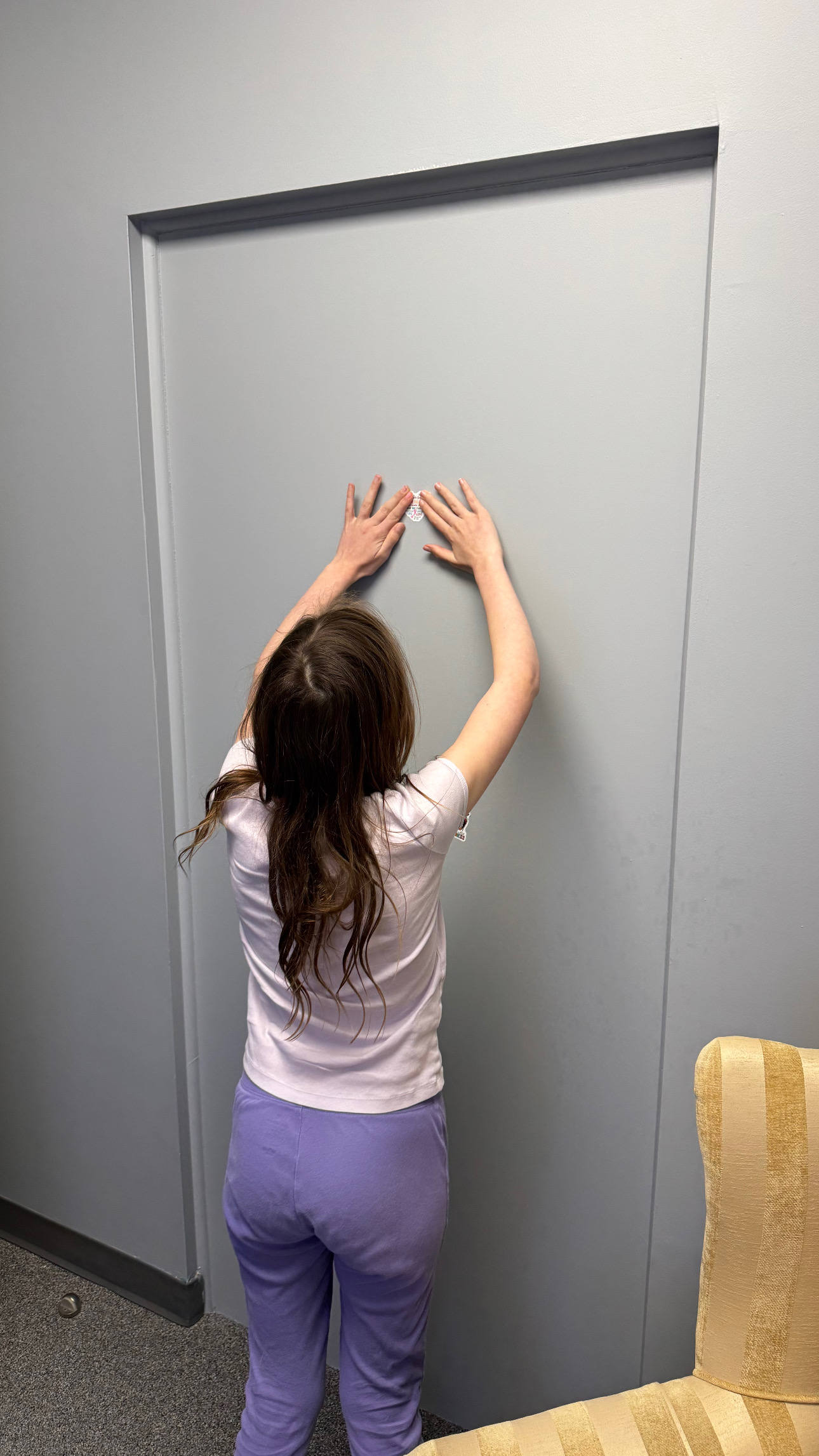Book Now
Menu
Living with a neurodivergent partner, comes with its unique set of challenges and rewards. As a supportive spouse, it's essential to cultivate an environment of empathy, understanding, and collaboration. Here are five actionable ways to strengthen your relationship and support your neurodivergent partner.
Understanding ADHD is the first step towards building a supportive relationship. Take time to learn about the implications of the condition, including the symptoms, and how it impacts their daily life. By gaining knowledge, you can dispel misconceptions and approach situations with a realistic perspective. Active listening and seeing things from her point of view can foster deeper empathy and connection. Remember, a touch of humor can lighten the mood during challenging times and help maintain a positive outlook.
Communication is the cornerstone of any healthy relationship. Create a safe and supportive space where open dialogue is encouraged. Practice active listening, validate her experiences, and consider her perspectives. By prioritizing communication, you can strengthen your bond and navigate challenges together as a team.
Consistency and predictability can be incredibly beneficial for individuals with ADHD. Support your partner in creating and maintaining daily routines that work for your family. Consistent schedules can help alleviate anxiety and provide a sense of stability amidst the experienced chaos of ADHD. Utilize tools like to-do lists, digital apps, or agenda’s to organize tasks and manage responsibilities effectively.
While supporting your partner is essential, it's equally vital to prioritize your well-being too. Remember that your partner is one aspect of your life, not the entirety of it. Make time for self-care activities, pursue your interests, and nurture friendships. Maintaining a balanced life not only benefits you but also contributes to a healthier and more fulfilling relationship.
Sometimes, navigating the complexities of neurodiversity may require professional guidance. Consider seeking therapy or counseling as a couple to address any challenges or conflicts that arise. A qualified therapist can provide valuable insights, strategies, and support tailored to your unique situation.
In conclusion, supporting your neurodivergent partner requires patience, understanding, and proactive efforts to foster a nurturing environment. By educating yourself, promoting effective communication, establishing routines, maintaining balance, and seeking professional support when needed, you can strengthen your relationship and build a life filled with love, empathy, and mutual respect.



